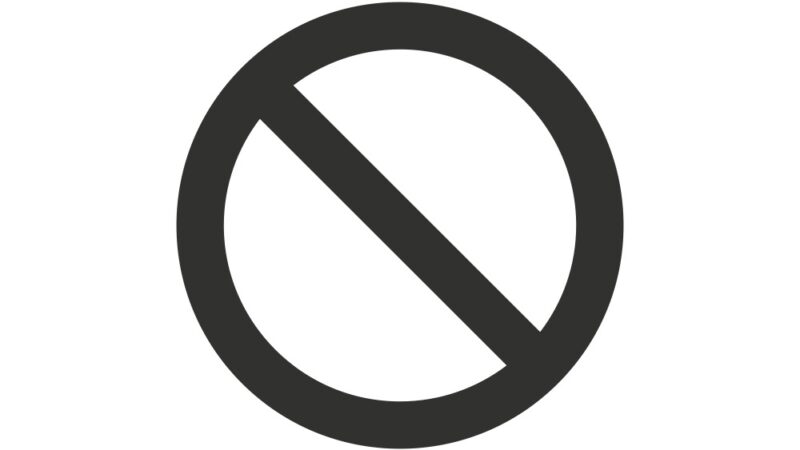Florida Passes New, Stricter, “Don’t Say _______ Bill”


TALLAHASSEE, FL—Ron DeSantis announced late Friday evening that he had signed a new bill into law to help keep the classroom pure. The bill, colloquially labeled the “Don’t Say ____ Bill,” garnered widespread support amongst the state legislature, but has been met with criticism from parents and activist groups alike. These groups are clearly unhappy, but are having issues finding the precise language to explain their complaints in detail.
Moreover, the confusing nature of the bill has left many educators worried about what they can and cannot say in the classroom. In an attempt to clear up confusion and alleviate concerns, state legislators released the following set of rules to help educators and administrators better understand what is and is not okay under the new provisions:
Florida Classroom Speaking Rules
- In schools, teachers need to be careful about what they say. Teachers can’t talk about some things that are, like, different from what most people do, or that could make a student turn out, like, you know… That would be a violation.
- 1a. A violation is when you, a teacher, talk about, like, if you say a word, or something that could make the student, um…
- 1b. If, when talking about someone who is, like, who prefers, like, you know…, and then to the student, you say…
- 1c. Let me start over.
- 1c-a. A teacher is not allowed to give any lesson or speak any words to the students, that include, like, someone liking someone of the same gender or being a boy or girl in a different way. You can’t do that.
- 1c-b. If a teacher talks about things that they’re not supposed to, that make students, or their parents or the teachers, like, feel confused about things, that’s not okay. That’s a violation.
- 1c-c. Once the teacher is in the classroom, to protect the children, they can’t be giving a lesson about, like, two boys, who, erm, you know…, with both people, like, being boys.
- 1c-c(1). Okay, so like, you have this lesson plan. Now you have to teach, but you also have to think about….
- 1c-b(1)-a. It’s still important to teach the children about, like, how babies are made, and stuff. Like if you’re about to teach that stuff, and then don’t, you still have to. You cannot not teach. Does that make any sense?
- 1c-b(1)-a. It’s still important to teach the children about, like, how babies are made, and stuff. Like if you’re about to teach that stuff, and then don’t, you still have to. You cannot not teach. Does that make any sense?
- 1c-c(2). Any field trips, to like, museums or plays or art stuff, must be approved by a panel of people, who like, are mostly normal with how they, you know…
- 1c-c(3). Okay seriously though. A violation is when the teacher makes a movement or speaks words that, as determined by the state government, is wrong.
- 1c-c(1). Okay, so like, you have this lesson plan. Now you have to teach, but you also have to think about….
- 1c-a. A teacher is not allowed to give any lesson or speak any words to the students, that include, like, someone liking someone of the same gender or being a boy or girl in a different way. You can’t do that.
- 1a. A violation is when you, a teacher, talk about, like, if you say a word, or something that could make the student, um…
2. Do not make a child ____ please.



